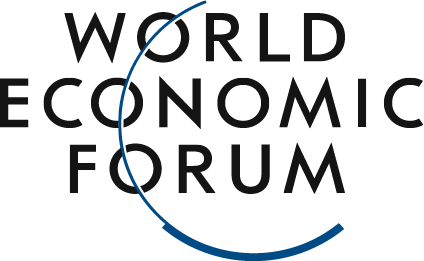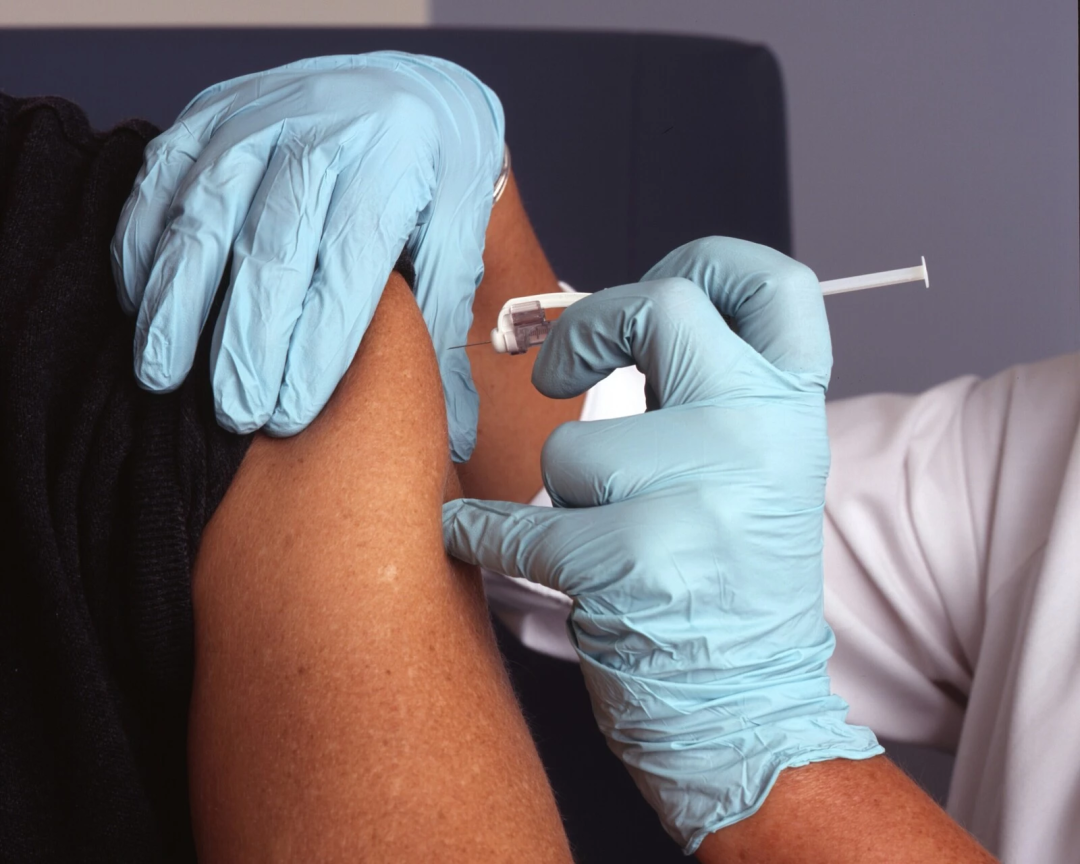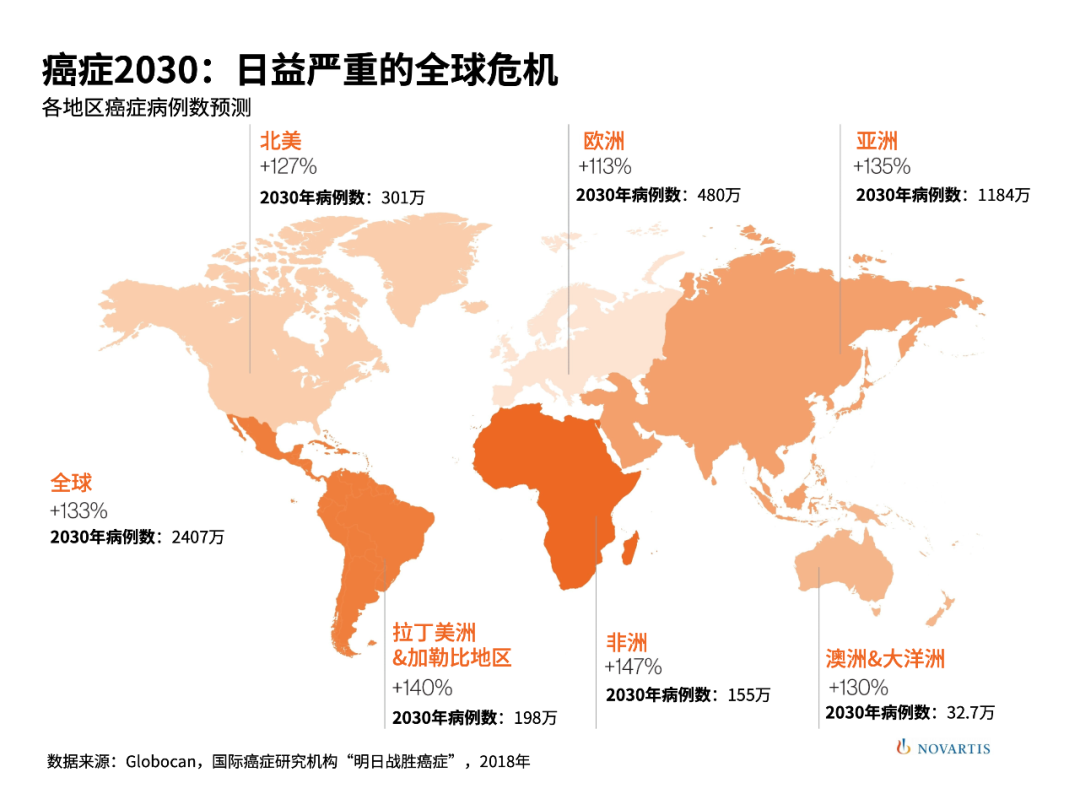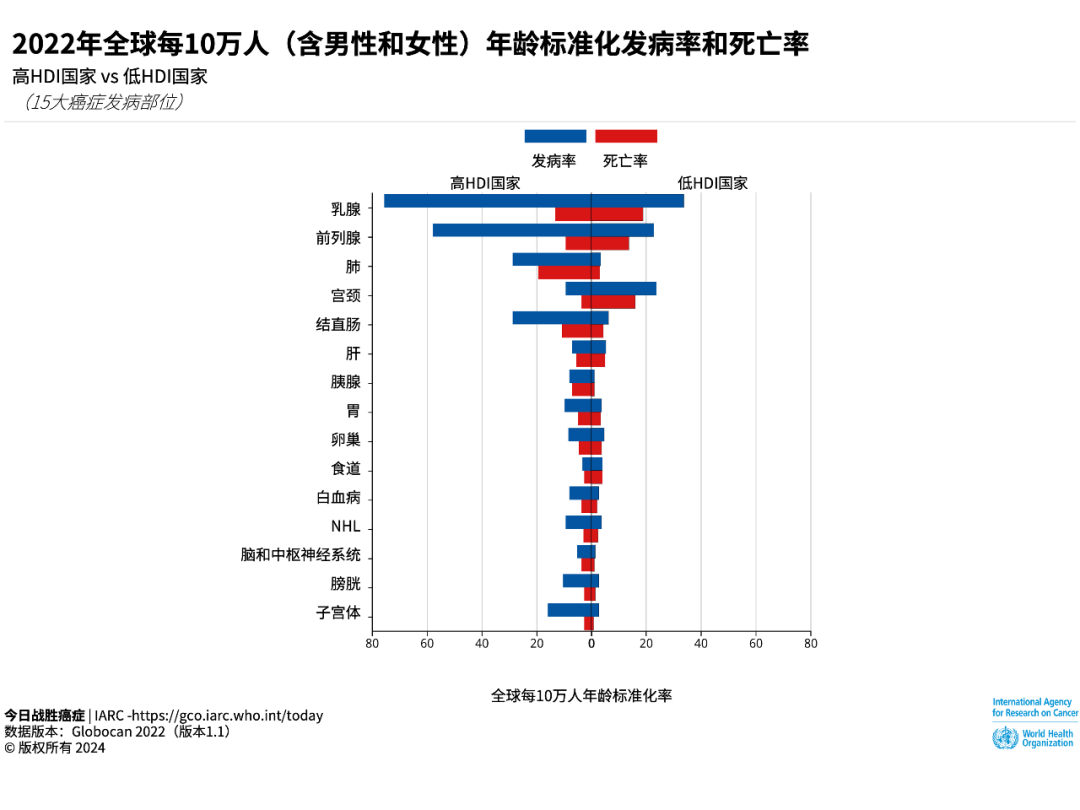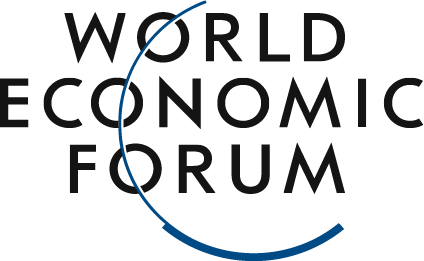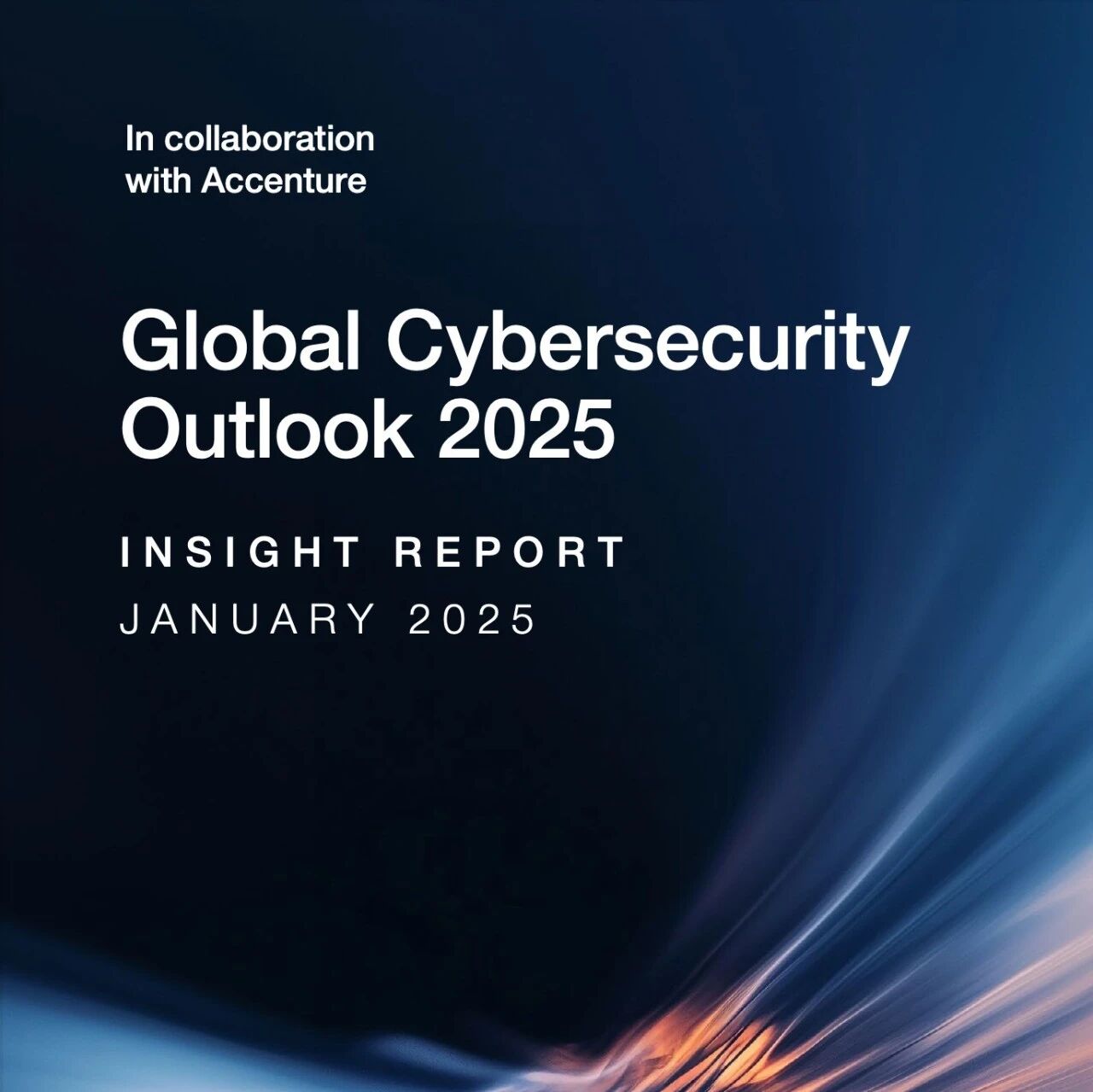The world's first cancer vaccine has begun clinical trials.
Image source:Unsplash/National Cancer Institute of the United States
Michelle Meineke
Senior Writer for the Forum Agenda
The UK's National Health Service has begun testing the world's first cancer vaccine.
Twenty percent of the global population will develop cancer at some point in their lives, with 20 million new cancer cases reported in 2022 alone.
Medical advancements are prompting us to focus on how to bridge the diagnostic and treatment gaps between high-income and low-income countries. This is also a key priority for the World Economic Forum’s Global Health Equity Network.
The world's first trial of a cancer vaccine is not only groundbreaking in the medical field—it also holds immense significance for the future of hundreds of millions of people in the 21st century. This pioneering vaccine, tailored specifically to each patient, represents the culmination of decades of dedicated research.The new Cancer Vaccine Launch Platform (CVLP) within the UK's National Health Service (NHS) enables cancer patients to gain faster access to clinical trials for vaccines tailored specifically to their needs, while also accelerating the development of cancer vaccines.The Importance of VaccinesCancer vaccines could have a profound impact globally. Overall, by 2030, 10,000 people worldwide will receive personalized cancer treatments through the NHS, the largest public healthcare system in the world. This development is poised to significantly reduce global cancer rates over the coming decades.The World Health Organization (WHO) reports that cancer is one of the leading causes of death worldwide, accounting for nearly 10 million deaths in 2020.The most common cancers include breast cancer, lung cancer, colon cancer, rectal cancer, and prostate cancer, among others. In 2022 alone, there were 20 million new cases of various types of cancer.Global cancer cases are on the rise.
Image source:International Agency for Research on Cancer/World Health Organization
Vaccines will have a profound impact on global health. The history of vaccine development spans 228 years—back in 1796, Dr. Edward Jenner’s invention of the smallpox vaccine marked the world’s first successful vaccine. Since then, research into vaccines targeting a wide range of diseases has surged dramatically.In just the past 50 years, vaccines have saved 154 million lives worldwide—65% of them infants. If the NHS's cancer vaccine proves effective and becomes widely available, that number could rise dramatically.Unlike other vaccines, cancer vaccines aren’t designed to prevent cancer from developing—they’re specifically developed for patients who already have tumors. These vaccines work by helping the immune system recognize the "appearance" of cancer cells. This innovative immunotherapy approach enables the body to identify and eliminate existing cancer cells, while also preventing them from spreading further.The NHS says that thousands of cancer patients in the UK can now access a fast-tracked trial pathway, thanks to a "matching" service designed to help them find new, life-saving treatment options. The first patient will receive a vaccine as part of a trial for colorectal cancer.Medical quality is largely influenced by the country in which it takes place, and the same holds true for cancer treatment.For example, according to the WHO, in wealthy countries, 1 in 12 women will be diagnosed with breast cancer during their lifetime, and 1 in 71 women will die from it. However, in poorer countries, 1 in 27 women will be diagnosed with breast cancer over their lifetime, and 1 in 48 women will unfortunately lose their lives to the disease.Currently, breast cancer and cervical cancer account for more than half of the cancer burden among women in sub-Saharan Africa."The Global Women's Health Alliance" is an initiative of the World Economic Forum, supported by Siemens Healthineers, and was launched during the World Health Assembly as the Cervical and Breast Cancer Coalition. The coalition enables health ministers from around the world to access a global network of experts and resources, organize peer-to-peer exchange workshops domestically, and help identify gaps and challenges in order to advance public health goals.The WHO states that disparities in global healthcare facilities are strikingly evident. For instance, in high-income countries, access to lung cancer-related medical services—such as inclusion in health benefits—is seven times more likely compared to low-income nations. Meanwhile, in wealthier countries, the likelihood of receiving stem-cell transplants is twelve times higher.People living in high-income countries are more likely to survive cancer.
Image source:International Agency for Research on Cancer/World Health Organization
These data could have far-reaching implications, especially given that 4.5 billion people lack access to essential healthcare services—and half of the global population lives on less than $6.85 a day.Creating a fairer, healthier, and happier world is essential for the safer and more joyful lives of Earth's 8 billion people—this is the central focus of the World Economic Forum's "Global Health Equity Network."Technology plays a central role in research and development, helping to promote health equity—and this includes the growing use of artificial intelligence, a key tool in the Fourth Industrial Revolution.
The above content solely represents the author's personal views.This article is translated from the World Economic Forum's Agenda blog; the Chinese version is for reference purposes only.Feel free to share this on WeChat Moments; please leave a comment below the post if you’d like to republish.
Translated by: Di Chenjing | Edited by: Wang Can
The World Economic Forum is an independent and neutral platform dedicated to bringing together diverse perspectives to discuss critical global, regional, and industry-specific issues.
Follow us on Weibo, WeChat Video Accounts, Douyin, and Xiaohongshu!
"World Economic Forum"
